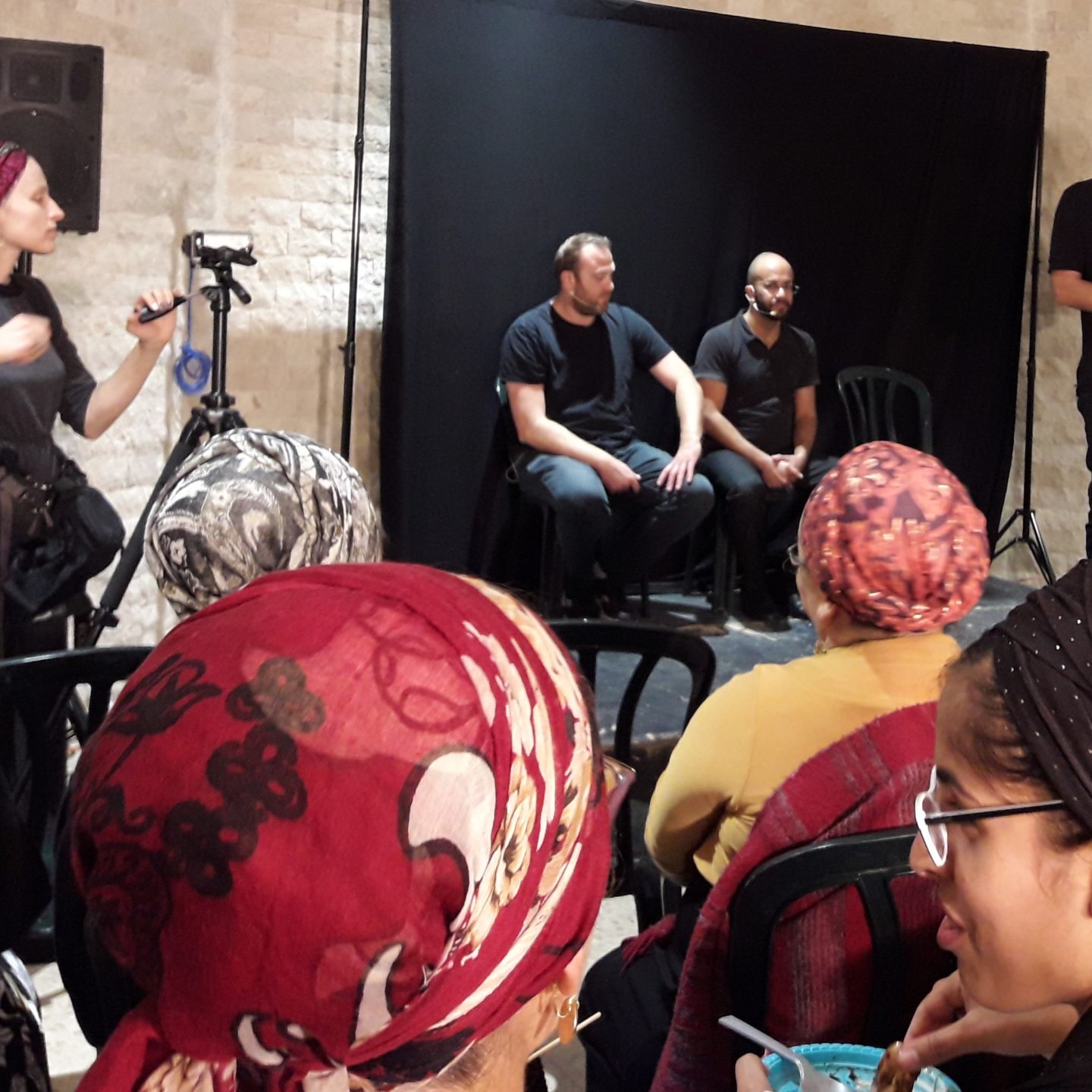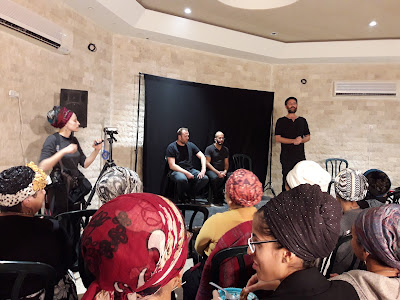Having lived in Shiloh for most of those forty years, it’s much too easy to forget that not all of the Jewish People, or even the State of Israel truly understands the reason we are here and the significance of our miraculous victory in the 1967 Six Days War. For the past few months, we’ve been focusing on the memorable fact that we’re in the fortieth year of the renewal of Jewish Life in Shiloh.
For Biblical scholars, the significance of Shiloh is profoundly clear. When Joshua entered the Holy Land with the twelve tribes after wandering in the wilderness for forty years he established Shiloh as the religious and administrative center of the Jewish People. There wasn’t even a battle over it. The city was just waiting for him and the Tabernacle. It was the same in 1967, though it took a decade for a group of young Jews to return and renew Jewish Life in Shiloh. No Arabs were living here. The last people to have set up camp were probably the Danish archaeologists a half a century before my neighbors arrived.
This past Motzei Shabbat, Saturday night, we, the renew-returned Jewish community in Shiloh had another forty years celebration.
I miss the early days when all of our parties, events were totally homemade, and not just the food. If I’m not mistaken, there wasn’t even a “sound-system.” There would be a turnout of 90+%, and the patrolling security guards, neighbors taking turns, would also be listening for crying babies. Everything was arranged and performed by volunteers.
| The artist and art teacher, Gretta, telling her story to the newcomers. |
Today is a different world. Not only are the guards and coordinators salaried, but professional entertainers are brought in. One popular performance medium is what’s called “playback.” It’s a form of improvisation based on the reminiscences/stories told by others. The actors then “perform” it with a bit of exaggerations and their own interpretations.
At events, such as the one we had on Saturday night, the actors look for what they see as the humor in these stories. Sometimes when the narrative isn’t clear to them, they’ll ask the storyteller a few questions. What interested me was the reactions of the actors, who are a generation younger than those who established yishuvim, communities like Shiloh. They just couldn’t get into the skin/mind of the first story told, which was by someone who was an active participant in that pioneering time. And the storyteller, who so embodies those early days, didn’t really understand what they were asking.
The actors did a better job with some of the other stories, but I ended up leaving the event rather depressed. It’s so clear that fifty years after the 1967 Six Days War, the profound significance of our miraculous victory is still lost on most Jews, including those living in the State of Israel.



